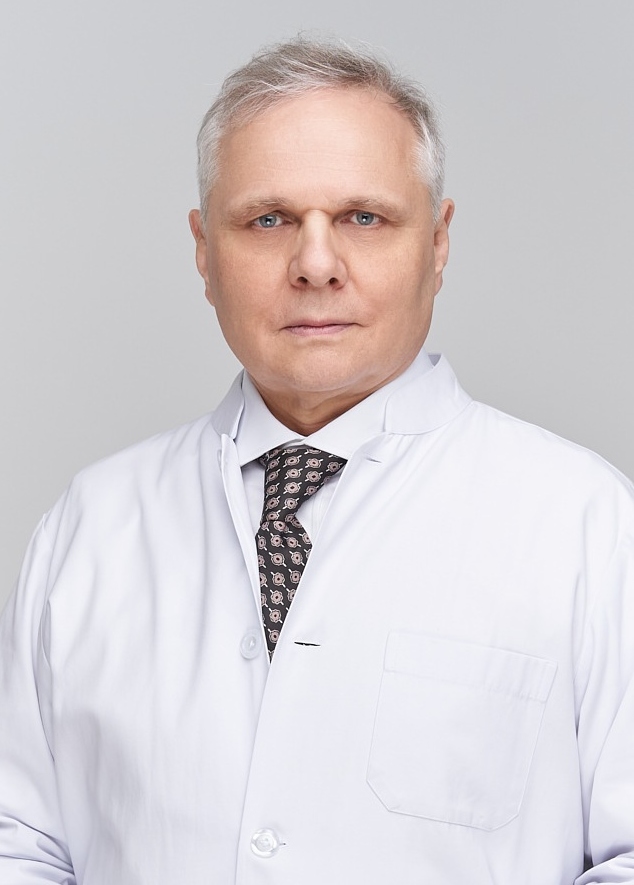
Perfectionism is not a personality disorder of its own but a personality trait. Yet, in its extreme form, traits of perfectionism account for one of the criteria of Obsessive-Compulsives Disorder or Obsessive-Compulsive Personality Disorder (OCPD). OCPD is about over focusing on details, preoccupation with orderliness and being perfect. Obsessive-compulsive personality disorder is similar to OCD (Obsessive-Compulsive Disorder). However, OCD is a disorder featuring obsessions (intrusive thoughts), leading to anxiety and causing the individual to perform compulsive actions for relief.
Negative Consequences of Perfectionism
Some experts would argue that being a perfectionist (striving unrelentingly for high standards of performance and combining that with extremely critical self-evaluation) is highly associated with emotional distress. Furthermore, there is an association with psychological disorders, such as depression, borderline personality disorder, anxiety disorders, suicidal tendencies, eating disorders and profound interpersonal relationship difficulties. In addition, perfectionism interferes with functional leadership. A manager possessing perfectionist traits might be excessively controlling. Moreover, they might be unable to realize that their awkward behaviour is due to deficiencies in self-awareness and interpersonal compassion. Research demonstrates that bosses-perfectionists do not become good leaders. However, it is possible to make perfectionism work for—not against—you.
Helpful and Unhelpful Kinds of Perfectionism
Researchers and clinicians differentiate between helpful and unhelpful perfectionism according to the extent of rigidity that affects individual standards. The presence of adequate flexibility to allow for human imperfections while striving for the highest standards would make perfectionist traits adaptive. Dysfunctional perfectionism, on the contrary, features uncompromising, overly high standards, unforgiving of flaws.
Exploiting Positively Perfectionism
If you strive for perfection based on core beliefs about yourself as proficient and worthy, your perfectionism is more likely to lead to constructive outcomes. In contrast, unhelpful perfectionism is often driven by a deep preoccupation with avoiding failure and is rooted in perceptions of being incompetent or worthless common traits seen in OCPD symptoms.Obsessive Compulsive Personality Disorder (OCPD) is characterized by a rigid adherence to perfectionism, control, and high standards that interfere with flexibility and emotional well-being. To prevent perfectionism from becoming a barrier to achievement, it’s important to transform rigid beliefs grounded in personal insufficiency into more flexible views based on self-worth and acceptance. Research suggests that this shift in mindset can make perfectionism work for us not against us and significantly improve mental health and life satisfaction.
Treatment of Compulsive Personality Disorder
OCPD is often treated by long-term psychological therapy. No typical pharmacological treatment for OCPD or other personality disorders exists. Yet, psychiatrists may prescribe medications which may help alleviate some co-existing conditions (e.g. depression, poor impulse control, anxiety).
However, similarly to narcissistic personality disorder, many individuals with obsessive-compulsive personality disorder and perfectionism typically do not see any problem in their personalities, even though their marriage or professional life suffers. They may start to seek help after hitting “rock bottom” in their career or personal life.
Cognitive-Behavioural Treatment for Compulsive Personality Disorder
Fear of failure and uncompromising pursuit of success lie at the core of a cognitive-behavioural conceptualization of perfectionism (Shafran et al., 2002). That relentless chase for success results in an intricate relationship between an individual’s sense of self‐worth and achievement. That, in turn, creates a set of inflexible standards, causing rigid rule‐governed behaviours.
These highly uncompromising standards are often seen in individuals with perfectionist disorder and can lead to various cognitive biases. Common perfectionist thinking patterns include dichotomous thinking (all or nothing), overgeneralization, and selective attention often disregarding the positive aspects of performance or progress. Perfectionists also tend to display maladaptive, performance-related behaviors such as constant reassurance seeking, repeated checking, and frequent comparison with others. These patterns contribute to maintaining the ongoing struggle with self-worth and achievement.One of the main goals of personality disorder treatment, particularly cognitive behavioral therapy (CBT), is to help individuals gain insight into the underlying factors that preserve the fear of failure and relentless striving for unrealistic success. Recognizing and addressing these thought patterns can support long-term psychological resilience and balanced self-evaluation.
For treatment of Compulsive Personality Disorder contact CHMC
Call CHMC


